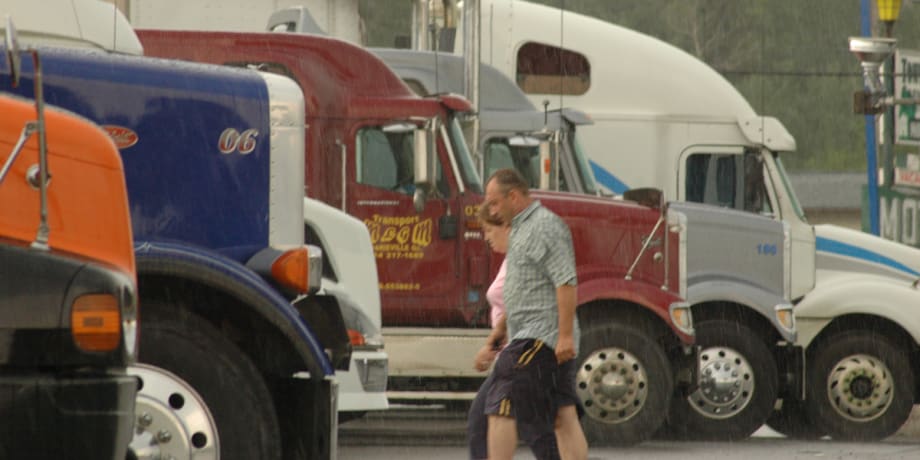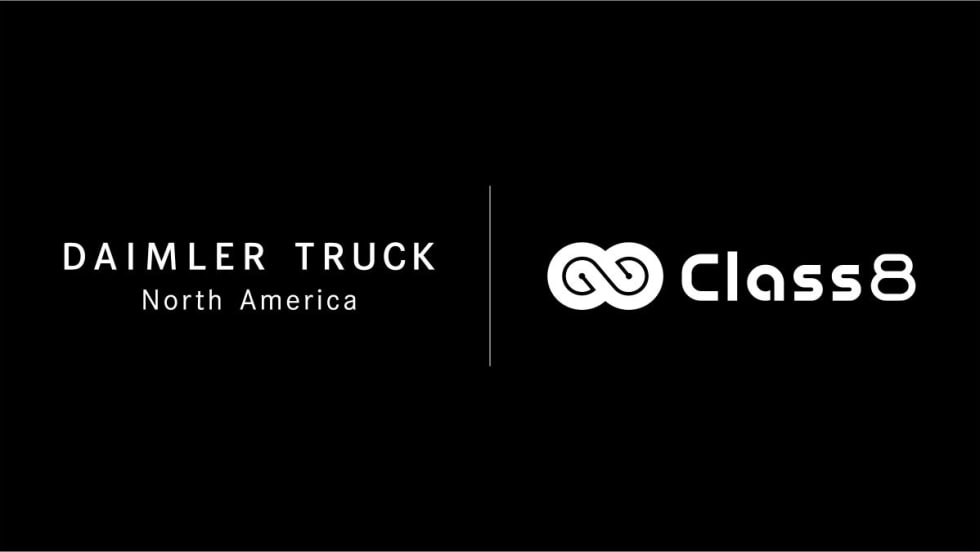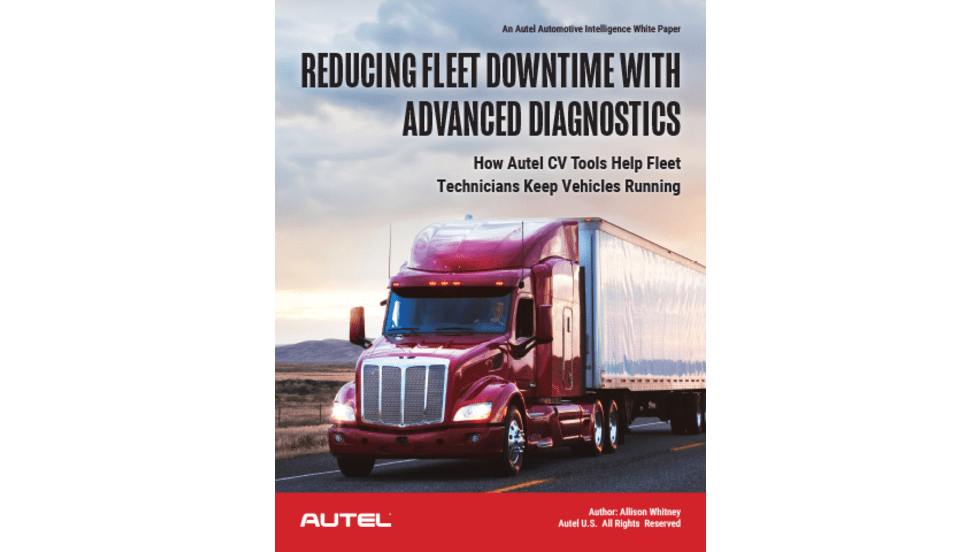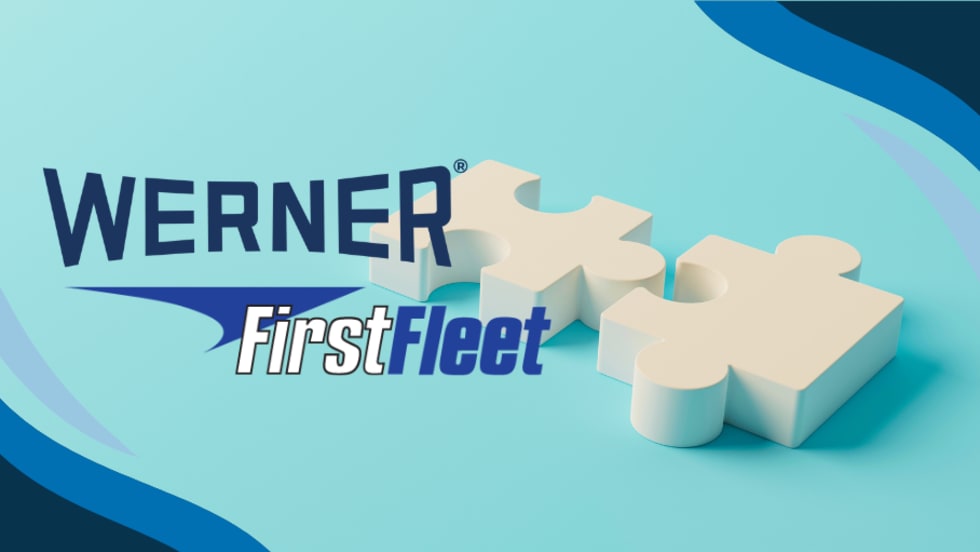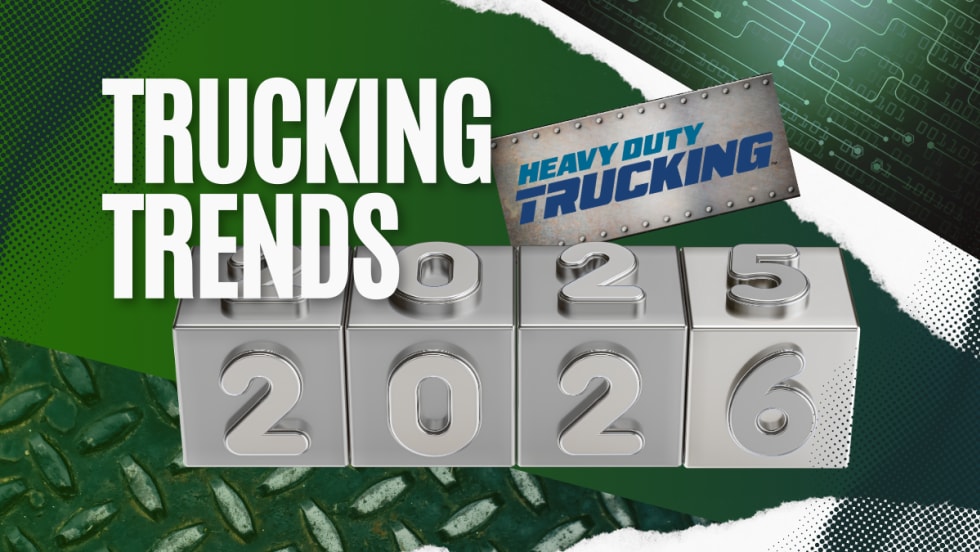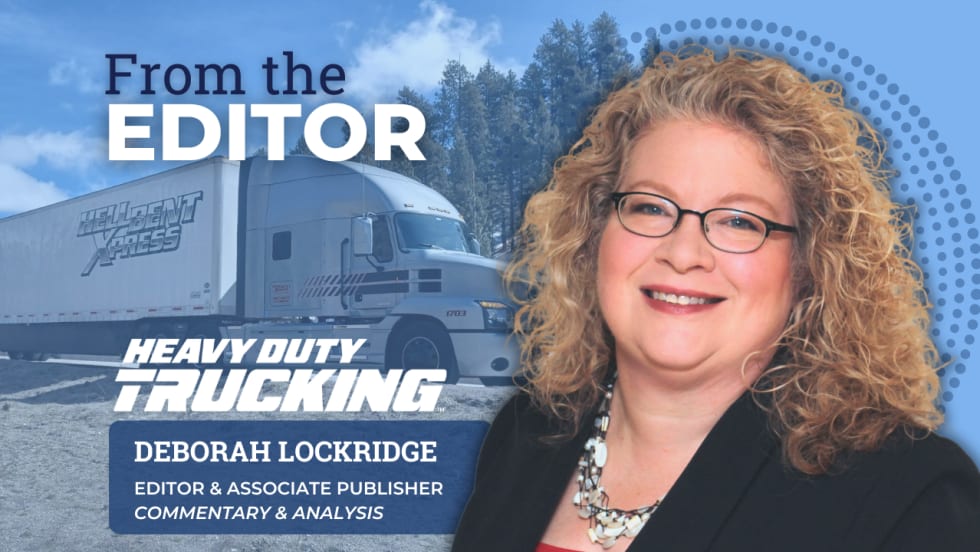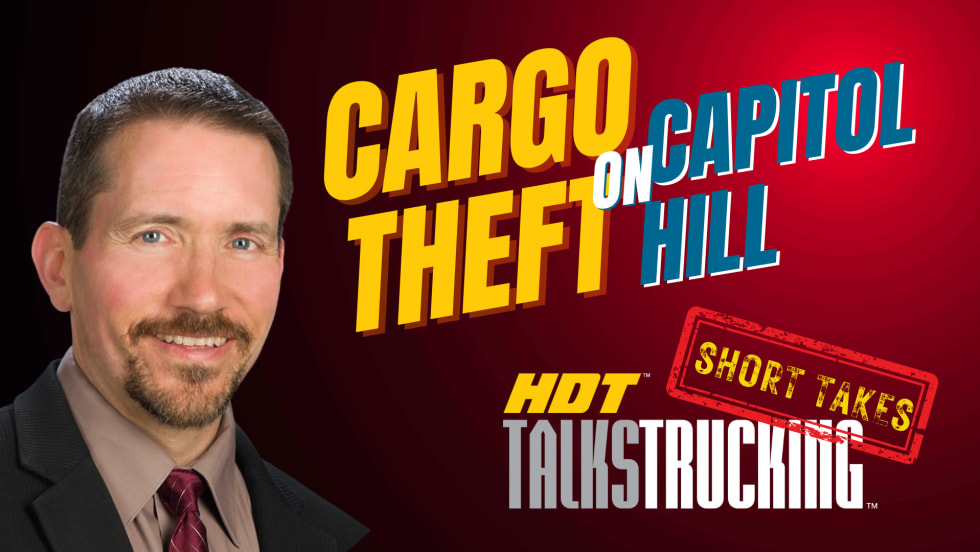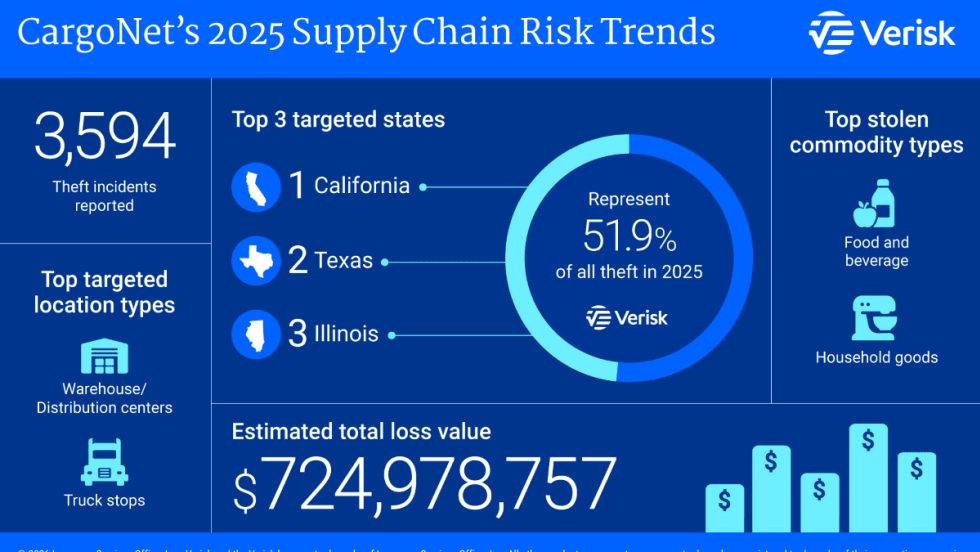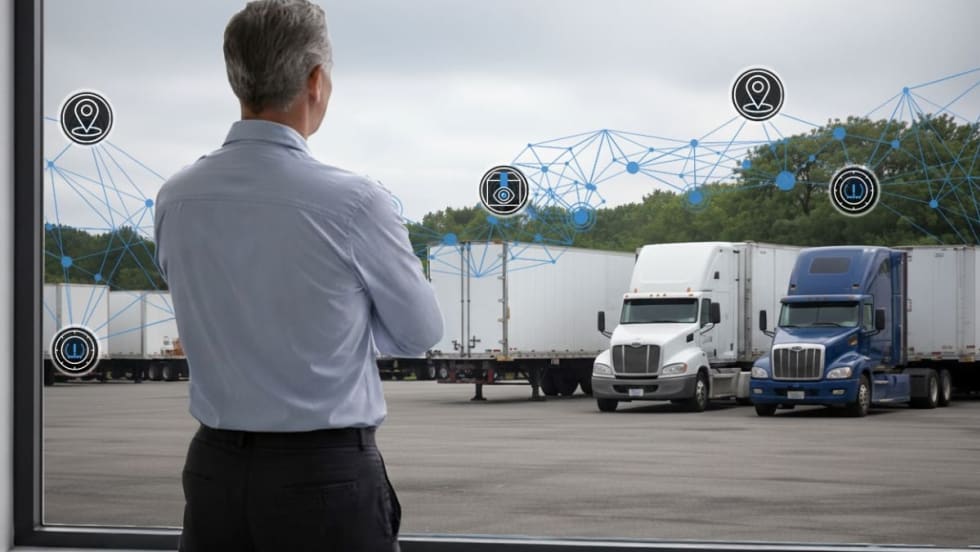The twin threat of rising costs and declining availability of commercial insurance for trucking operations should be top of mind for every fleet manager. Indeed, the American Transportation Research Institute’s latest annual truck operating costs report contends that, with fleets incurring substantial insurance cost increases over the last several years, trucking may have “reached a ceiling in its ability to continuously cover annual double-digit increases in insurance premiums.”
To help get a handle on how this crisis came to be and what can be done to alleviate it, HDT Talks Trucking got on the line with Reliance Partners’ Andrew Ladebauche, founder and chief executive officer, and Brian Runnels, director of safety. The Chattanooga-based firm is a transportation insurance agency and provider of risk-management services.
“One underlying factor is that claims, in general, are more expensive and another is that the number of [insurance providers] available to quote certain risks in certain areas of the country is drastically down,” Ladebauche told HDT Talks Trucking host Jim Park.
He said the rise in costs for claims mirrors those all aspects of business. Claims are “more expensive from a medical perspective; cars are more expensive to replace, vehicles in general—look at the cost you’re paying now for tractors vs. 10 years ago,” he added. As to the drop in participation in the trucking market by major insurance firms, Laudebauche notes that as a broker, Reliance “used to have 20 insurance carriers [companies] to work with, and now maybe we have 10. That means, when you go out to shop, there’s a limitation on the number of quotes.”
Laudebache also pointed out the impact of technology on this marketplace. “There’s transparency. Insurance companies are constantly looking at your CSA scores. There's a lot of technology out there that does a good job of summarizing a risk to the insurance underwriters, and they dig through your CSA scores.
“So, everything you've done, every violation, where you're traveling, they're looking at it all,” he continues. And that's as important, almost more important, honestly, than just kind of looking at traditional ways of [underwriting] insurance and looking at loss history. Now, they're looking at how you run your operation day to day.”
Addressing the insurance risks that management can work to control, Runnels made the point that fleets can’t overlook warning signs. “Some of the smaller stuff, it shows. If you have safety policies and procedures in place, and you're following them and you have a retraining or a progressive discipline program, then can work through issues [with drivers]. But there also comes a time when a driver is showing a history of this or that accident and CSA violations and tickets. If they're showing that pattern, it makes it very, very difficult for a company to keep them on. Because the insurance carrier doesn't like seeing that. It’s a big red flag to them.”
How all this plays out in an industry being served by reduced insurance capacity is not hard to see. “It's the world that we're in,” Laudebache stressed. Now, there's more transparency into the operations of the truck line. Now, if you go out and you have two or three hours-of-service alerts, you're going to pay a substantially higher premium.”
And when that happens, he said, “All of a sudden, you have limited the pool of insurance companies that want to ride your risk, from 10 to five, or maybe five to three, or maybe three to just one or two. And that's when you start limiting the amount of insurance companies that will put numbers on the table to insure your company. And your rates typically are going to increase drastically.”




